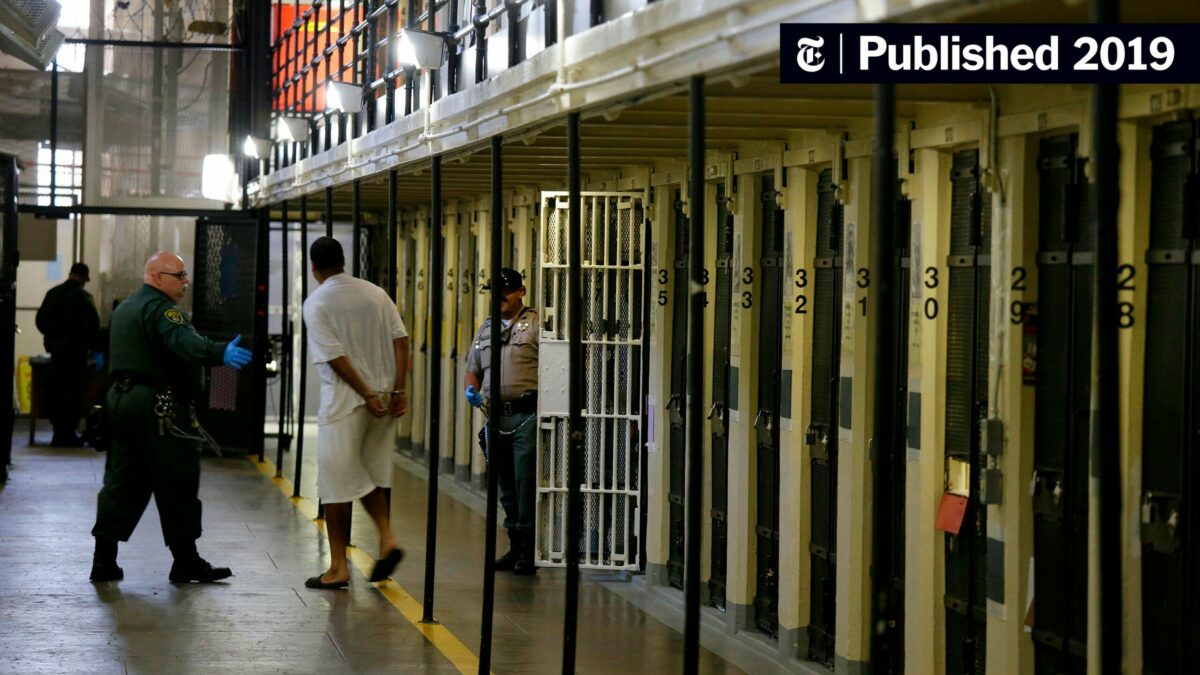THE GREEN, GREEN GRASS OF HOME

Morning seeps through the slit of sky and turns the cell that familiar shade of steel, bunk, tray, toilet that sings when you touch it. I’ve learned the song of this place.
Somewhere down the corridor, a tinny radio is brave enough to play Tom Jones. The chorus, green, green grass of home, finds its way into the vents. Surely, the universe has a sense of humor.
Footsteps. I can tell who’s coming by the rhythm of their shoes.
“Crowe.”
“Morning, Jack,” I say. Yes, Jack Jackson. We’ve survived each other long enough to call it a relationship.
The clock says 6:03. Two hours. “We’ll walk at daybreak,” I tell myself, then decide not to define daybreak.
Jack sets a cardboard cup of coffee on the tray. “What’d you pick for the last meal?”
“Two cheeseburgers, onion rings, vanilla shake, slice of strawberry–rhubarb.” I sip. “Took my time, too, seeing as I had nowhere else to be.”
He huffs. Silence suits him.
“When’s the chaplain?”
“About seven-fifteen,” Jack says. “New guy. Alex. Father Joe retired.”
I nod. The waiting starts to press on the ribs, like a big man in a shirt that is too small for him.
“What’s the rest of the schedule?”
“Warden Bolton around seven-forty-five. We walk at eight.”
“What time do I get back to my cell?” I grin.
Jack flicks me a look. “Never get used to this part,” he says.
His hand fiddles with the latch; it sticks in cold weather or when the moon is wrong. I told maintenance. They’re still thinking it over.
“I’ve got paperwork. Back in fifteen, so don’t go anywhere,” he says, and even lets himself smile.
I sit on the edge of the bunk and hum. Not the chorus—just the line about a guard and a sad old padre. Helpful, if you like knives shaped like lullabies.
Jack returns with Chaplain Alex and an extra stool. They sit.
“Mr. Crowe,” Alex says, then, “Jerry, if I may.”
“You may.”
He holds the Bible like it might wriggle. “Would you like…?”
“A hymn. ‘Abide with Me.’”
He doesn’t sing so much as apologize in a higher key. Fast falls the eventide… The hymn isn’t about nighttime; it’s about edges closing in, about the way a room can tilt without moving. Alex probably didn’t think I would understand the true meaning of that song.
He finishes. Studies my face. “Jerry, if there’s anything you want on the record…about what…happened, now would be a mercy.”
“What happened,” I say, “is that I shot a man named Marty Lane in my bedroom because he was in bed with my wife. I shot her, too, but the leg, not to kill. Twenty minutes later, I was on the floor, and forty-eight hours later, I was in cuffs. The jury heard what it heard.”
Alex doesn’t flinch. “Do you repent?”
“Some days,” I say. “Other days, the rage boils, and my only regret is letting her live. That’s the truth.”
He breathes through it. “Anything else to confess?”
“I snapped. I wasn’t a violent man, before or since, but I just snapped. Ask Jack here, I’ve been a model prisoner.”
Jack nods. He doesn’t do speeches.
Alex prays because it’s his job, and because he’s trying. When he leaves, he takes his worry with him, which is kind.
Warden Bolton arrives with five officers, broad as a barn and built for rules.
“Doing it by the book, Mr. Crowe,” he says. “Do you wish to make a final statement? We walk in fifteen.”
“No speeches,” I say. “Just a request.”
“Go on.”
“My kids won’t be here. Ask someone to tell them I’m sorry and I love them. Ask them to remember the guy who made pancakes on Saturdays.”
Jack nods: we’ve already walked that ground.
“We can accommodate that,” Bolton says. “Anything else?”
I shake no. The radio in the distance finds the chorus again – green grass, home – and I feel the tug to dream the easy dream: gate opening, mother on the porch, dog pretending he never chewed the chair leg. In the song, the dream breaks and the walls come back like tide. I prefer the truth.
The walk is shorter than the movies promise. No chanting, no last-minute paper waving a stay. Just beige paint, scuffed baseboards, and an exit sign that hums in B-flat. The room smells like saline and certainty.
The gurney waits with its straps like quiet tongues. There’s a window across from it and eight chairs behind the glass for anyone who wants to watch. Maybe my ex-wife came. Maybe Marty’s people. I’ve been told the widow remarried. Good for her; maybe she finally learned to lock doors.
“Any last words?” Bolton asks. He’s different in here: careful becomes brave.
I shake my head and climb up. “Let’s get this done.”
They fuss over the IV. They never find the vein on the first try. The nurse is young enough to believe technique solves everything; she apologizes with each poke like she’s practicing for a life full of apologies. When the line settles, time goes both faster and slower.
“You may proceed,” Bolton tells someone I can’t see.
I look toward the glass. Jack, posted by my legs, half-raises a hand – the motion you make when you spot a friend across a street too busy to cross. I scan the faces. Some want justice. One wants a map out of this building. I’d give it if I had it.
The chorus has gone quiet, but the title sticks, home, and I feel the pull to pretend. I don’t. I think of my daughter blowing on a pancake so she won’t burn her tongue. I think of the watch I fixed on a Tuesday when all anybody needed from me was my hands.
“Jack,” I say.
He leans in. “Yeah, Crowe.”
“Oil the latch on E-9. It’ll freeze by November.”
He laughs and disguises it as a cough.
“Ready,” someone says.
JACKSON’S RECOLLECTIONS
First drugs to make a man sleep. Hard to tell if it did. Crowe asked me to write the postscript to this sorry story.
He talked as the room brightened—the kind of bright that has no warmth. Said the window was “swimming like heat off a desert road.” Chaplain kept to “Abide with Me” like it was a rope. The warden watched the clock and Crowe both.
He got… not sloppy. Loose. Might have been the drugs; might have been the truth, finally with no place to hide. He said his boy’s name. Then his girls—eleven months apart. Said she was beautiful. Said pancakes. Said he hoped somebody would tell them he was sorry. He didn’t ask me to forgive him. He didn’t try to forgive himself.
A tear got away from me. Happens once in a career if you’re unlucky. He looked my way and grinned like we were still in that dim corridor with the bad latch and the coffee nobody should drink.
Then whatever that force is that holds men in rooms, just let go.
